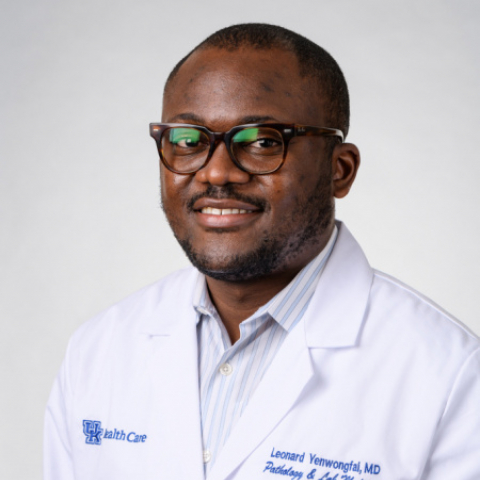News
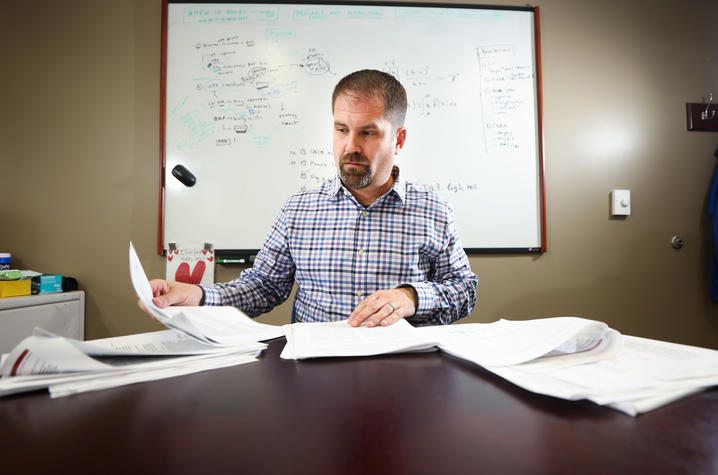
“A lot of people who have dementia do not have Alzheimer’s disease.” That is a statement that guides researchers at the University of Kentucky’s Sanders-Brown Center on Aging as they aim to better define other causes of dementia.

Following an extensive national search and interviews with highly qualified individuals, the College of Medicine is excited to welcome Na’Tasha Evans, PhD, MEd, as the new vice dean for diversity, equity, and inclusion (DEI) and associate professor in the department of behavioral science.

The University of Kentucky College of Medicine is proud to recognize its fourth-year students who learned their pivotal next step in training – residency – during Friday’s Match Day celebrations.

Nearly three years ago, the University of Kentucky College of Medicine launched the Alliance Research Initiative to promote collaboration and mentorship through interdisciplinary research teams. With members spanning across UK departments and colleges, these teams were established to address Kentucky’s most urgent health needs.

The University of Kentucky College of Medicine is pleased to announce the faculty, staff, and learners who were winners of the annual Mission, Vision, Pillar, and Enabler Awards.
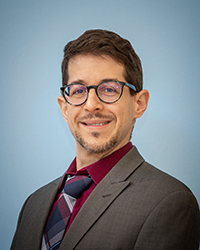
UK College of Medicine Pathology and Laboratory Medicine would like to welcome our newest faculty member.
Aaron D. Shmookler, MD
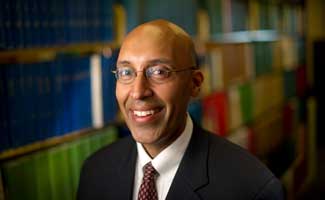
The UK College of Medicine is excited to welcome Gurpreet Dhaliwal, MD, as the visiting professor delivering this year’s Alpha Omega Alpha (AOA) Humanities Lecture.

The University of Kentucky’s ninth annual Healthy Hearts for Women Symposium will bring in nationally recognized experts to raise awareness about the dangers of heart disease and educate attendees on prevention techniques.
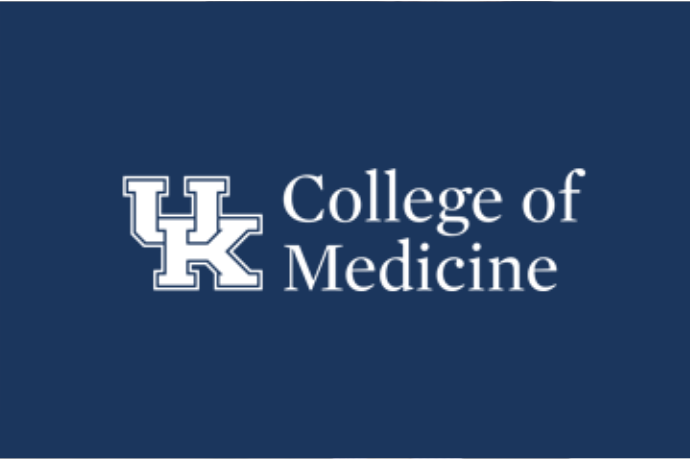
The University of Kentucky College of Medicine’s Salvation Army Clinic is a student-run, free clinic that serves as a learning environment for medical, pharmacy, and social work students while providing acute onsite health care for uninsured patients at the Salvation Army of Central Kentucky.
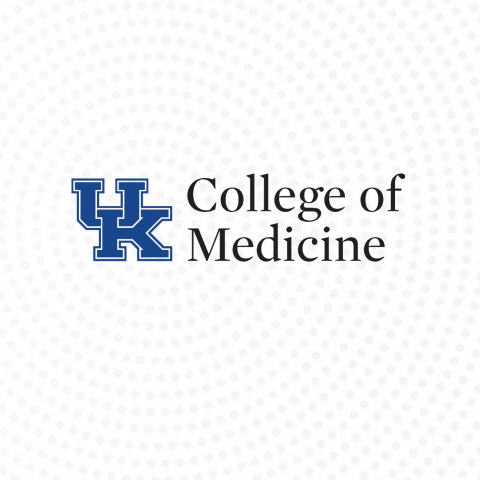
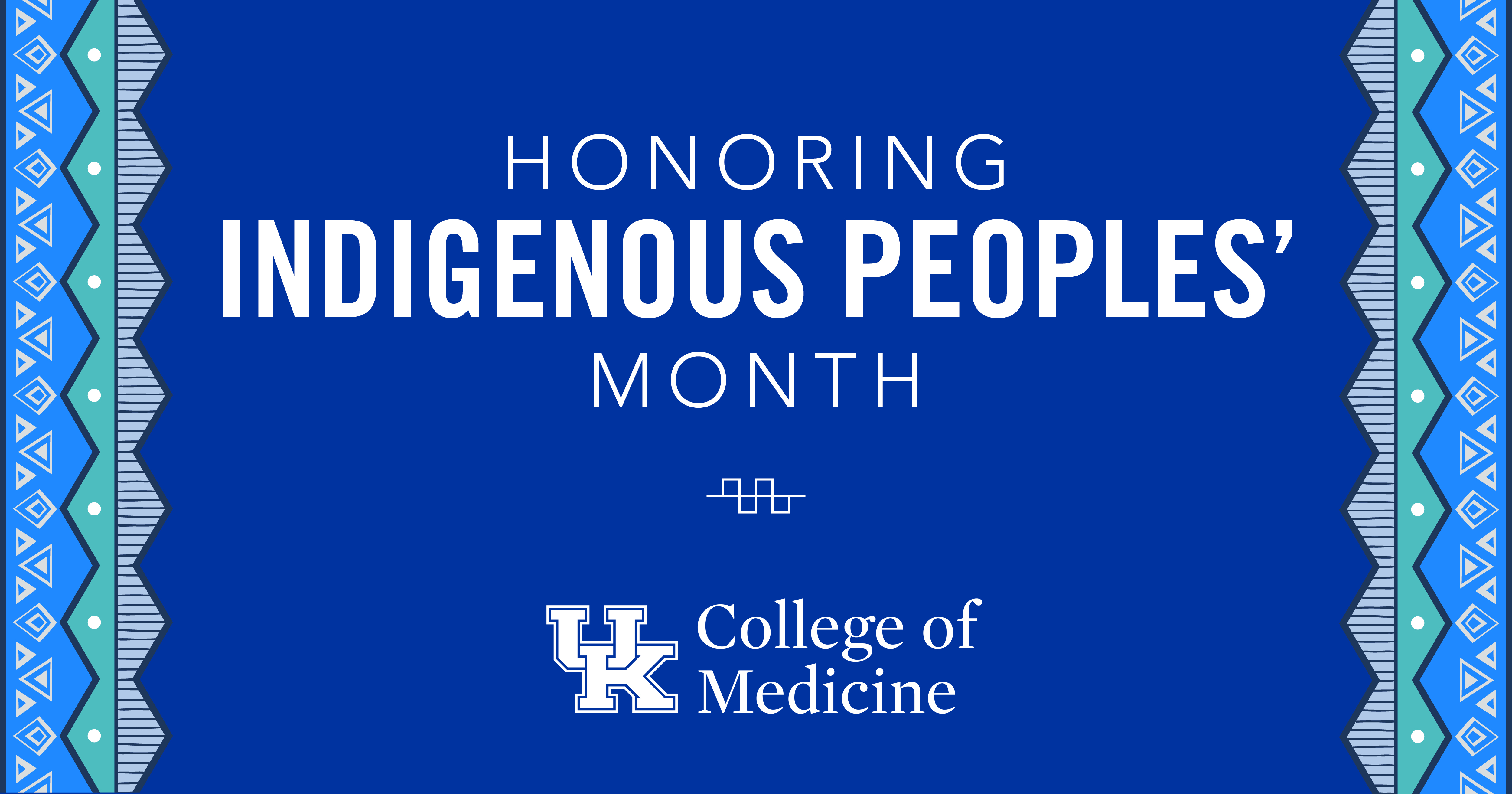
During Indigenous Peoples’ Month, the UK College of Medicine is highlighting historical figures who paved the way for an equitable future in medicine.
When UK HealthCare pathology resident Leonard Yenwongfai, MD, was a young boy, he asked his father what motivated him to work as a police detective.
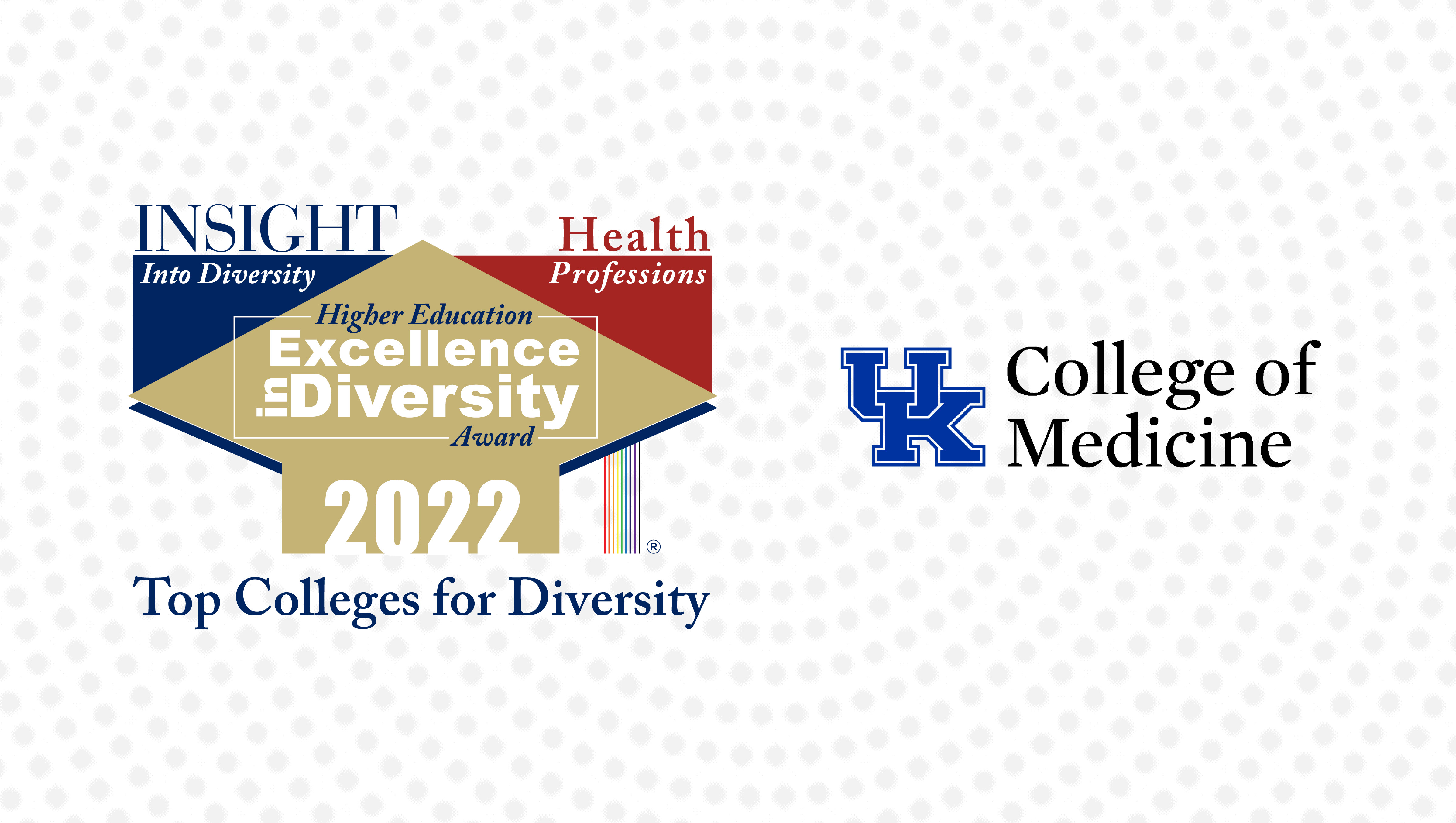
For the second consecutive year, the University of Kentucky College of Medicine has received the 2022 Health Professions Higher Education Excellence in Diversity (HEED) Award from INSIGHT Into Diversity magazine, the oldest and largest diversity-focused publication in higher education.
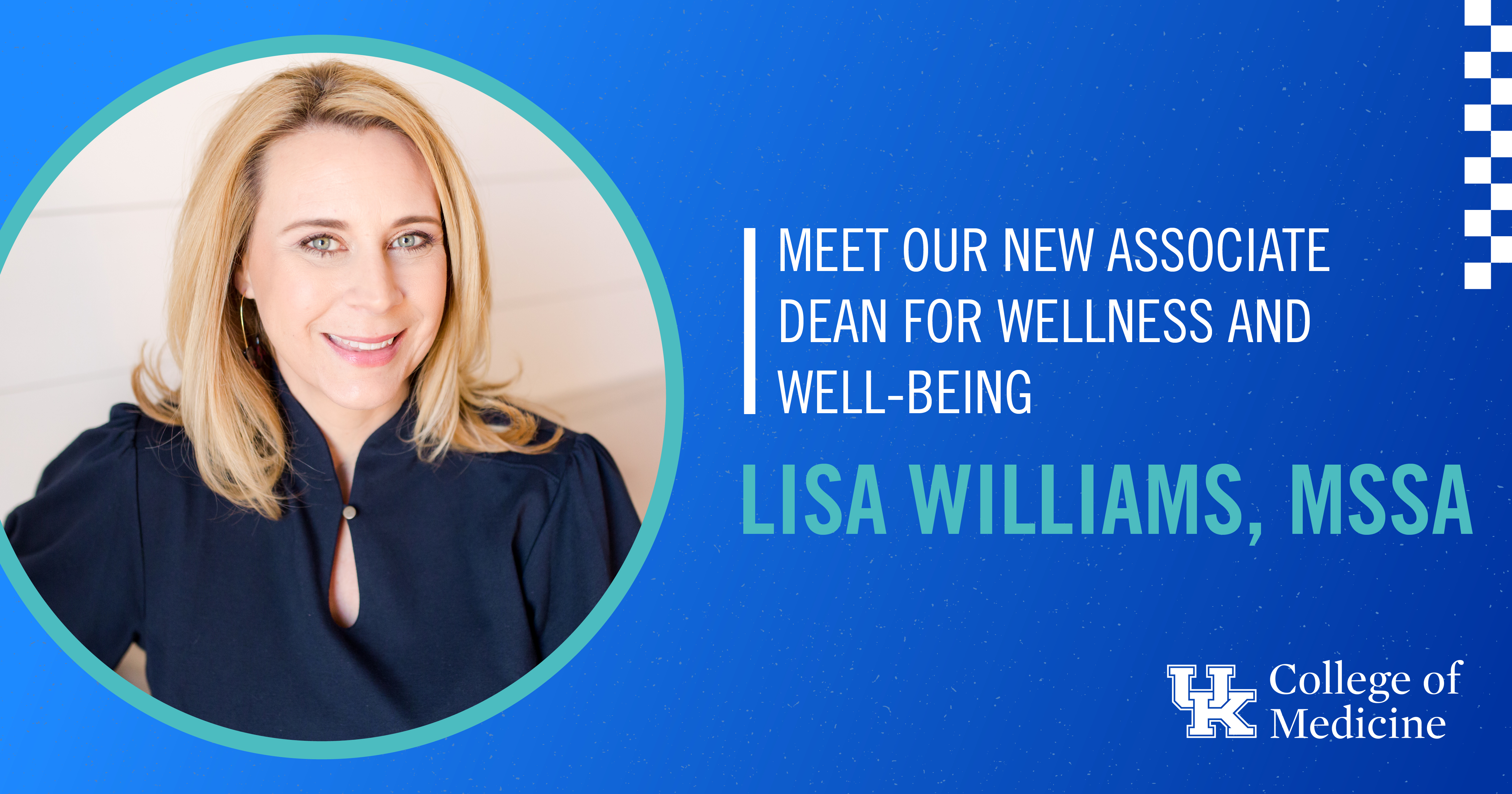
To enable the University of Kentucky College of Medicine to succeed in its mission for a healthier Kentucky, leadership must prioritize the wellness and well-being of faculty, staff, and learners. Lisa Williams, MSSA, is serving in the college’s new leadership position, associate dean for wellness and well-being, to help us excel in this goal.
Non-alcoholic fatty liver disease (NAFLD) is one of the most common forms of liver disease across the globe. One major risk factor of NAFLD is obesity, which approximately 36% of Kentuckians face, according to America’s Health Rankings.
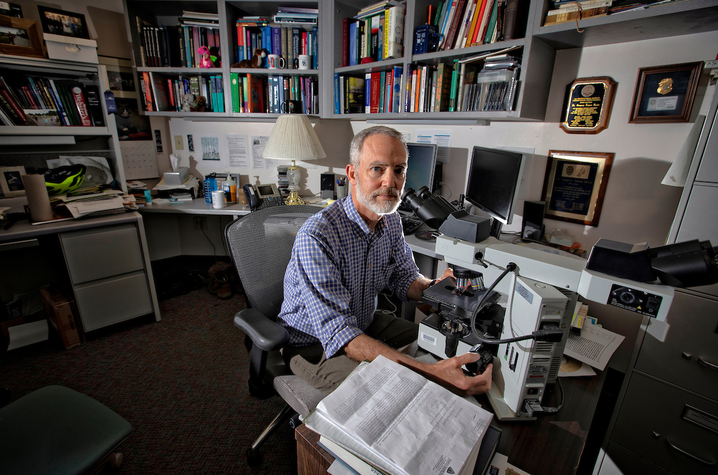
Have you ever watched a movie or TV show where a character has the same job as you, but they’ve gotten the details all wrong?
From smooth-talking lawyers who are always in the courtroom to suave doctors who are performing lifesaving surgeries in a moment’s notice — it’s no secret, Hollywood often dramatizes what it would be like to work in certain professions.
LEXINGTON, Ky. (June 29, 2022) — A recent publication from researchers at the University of Kentucky explains the importance of identifying and understanding how differences between tissues and cells alter gene expression without changing the underlying genetic code.
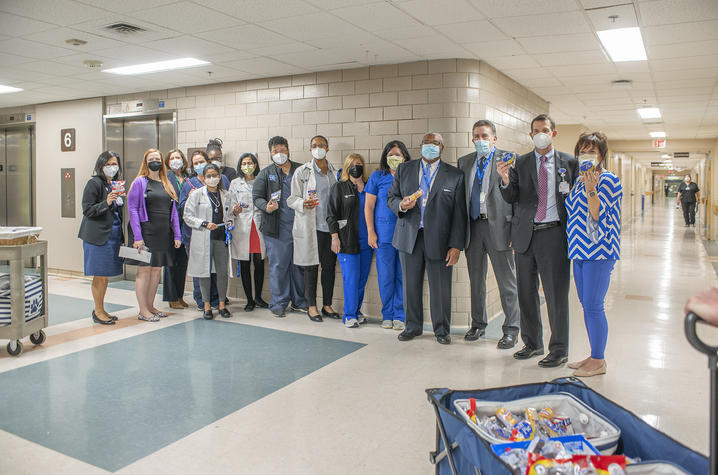
April 24, 1962, marks the official 60th anniversary of the University of Kentucky Albert B. Chandler Hospital – then known as University Hospital.
